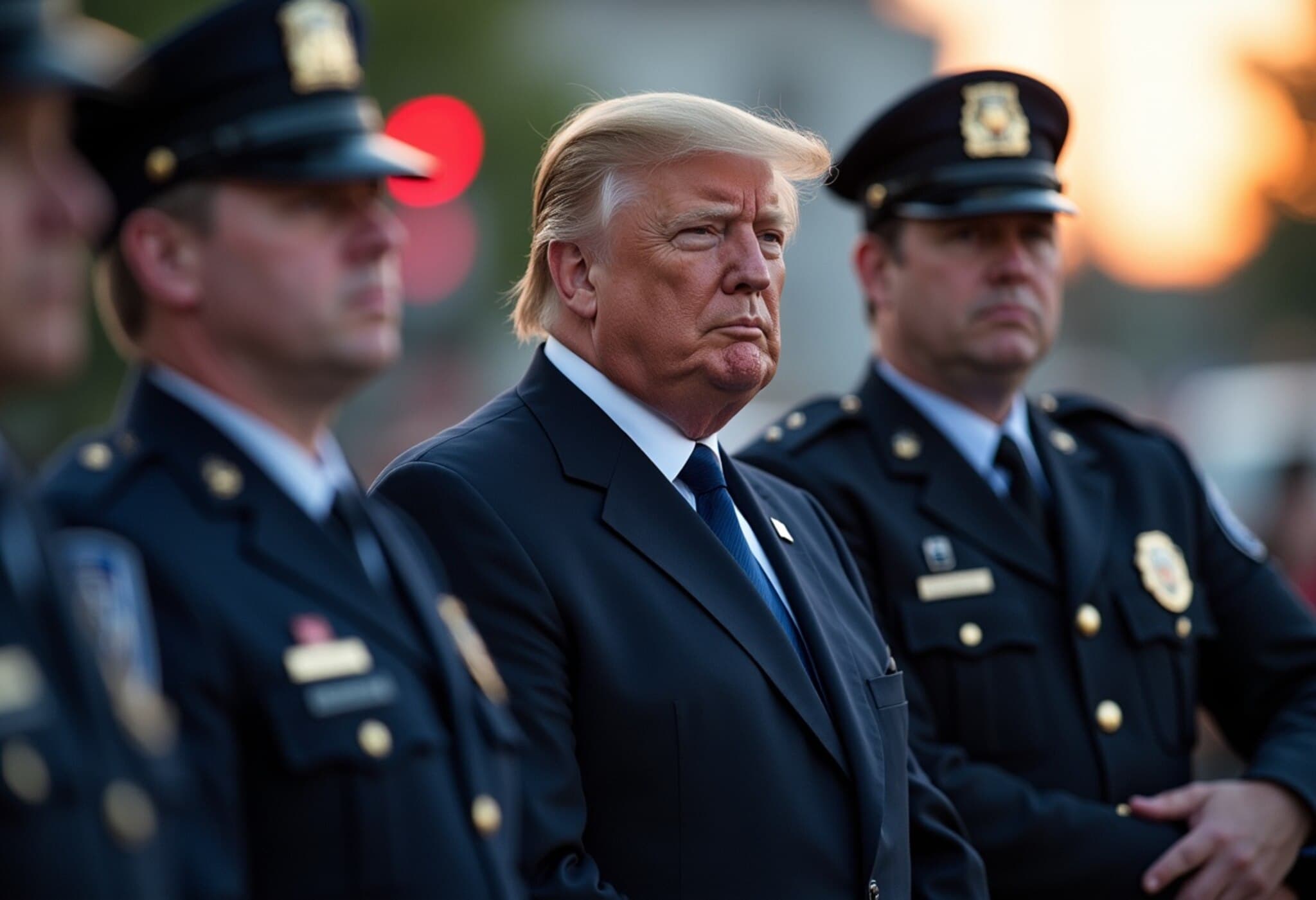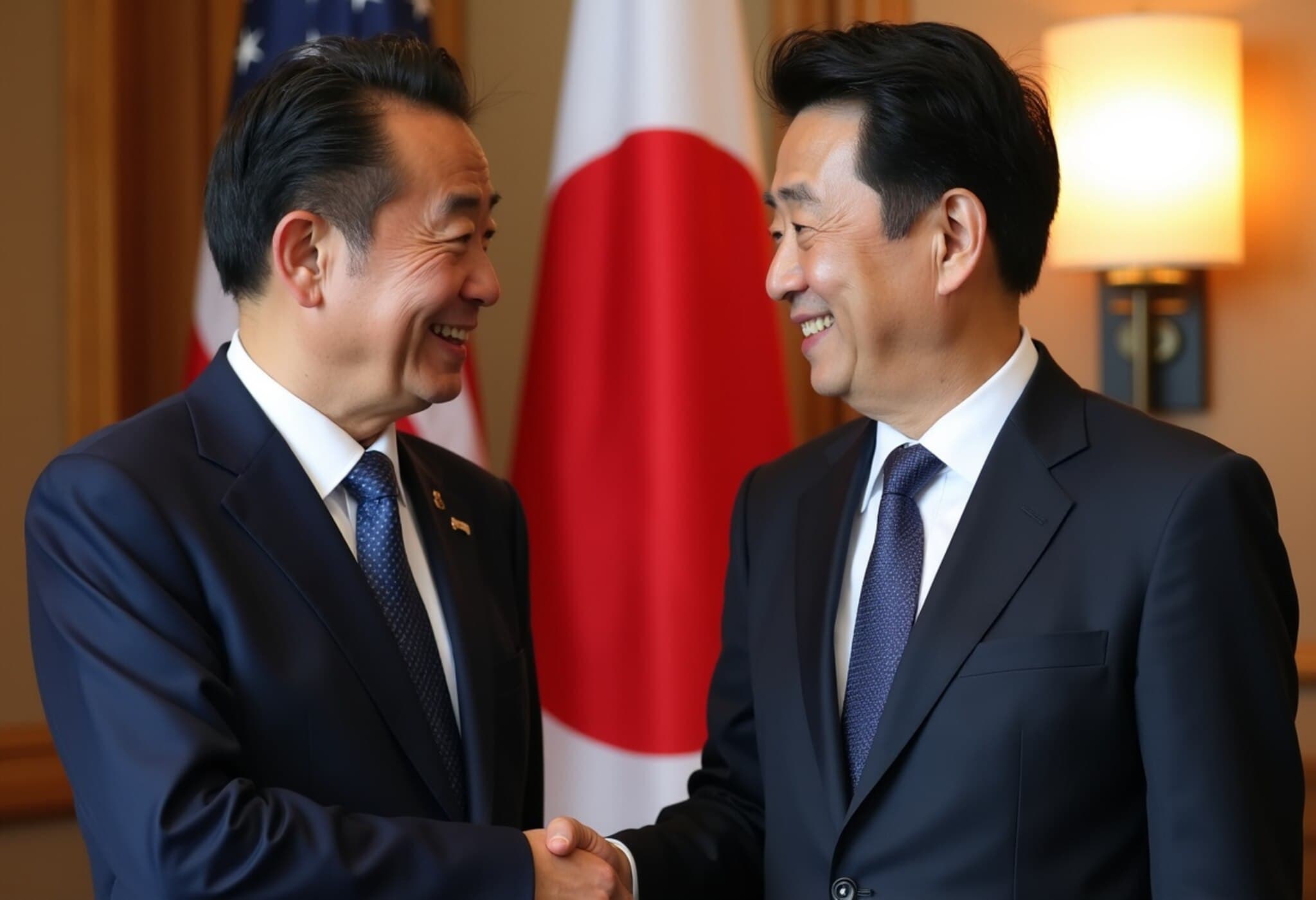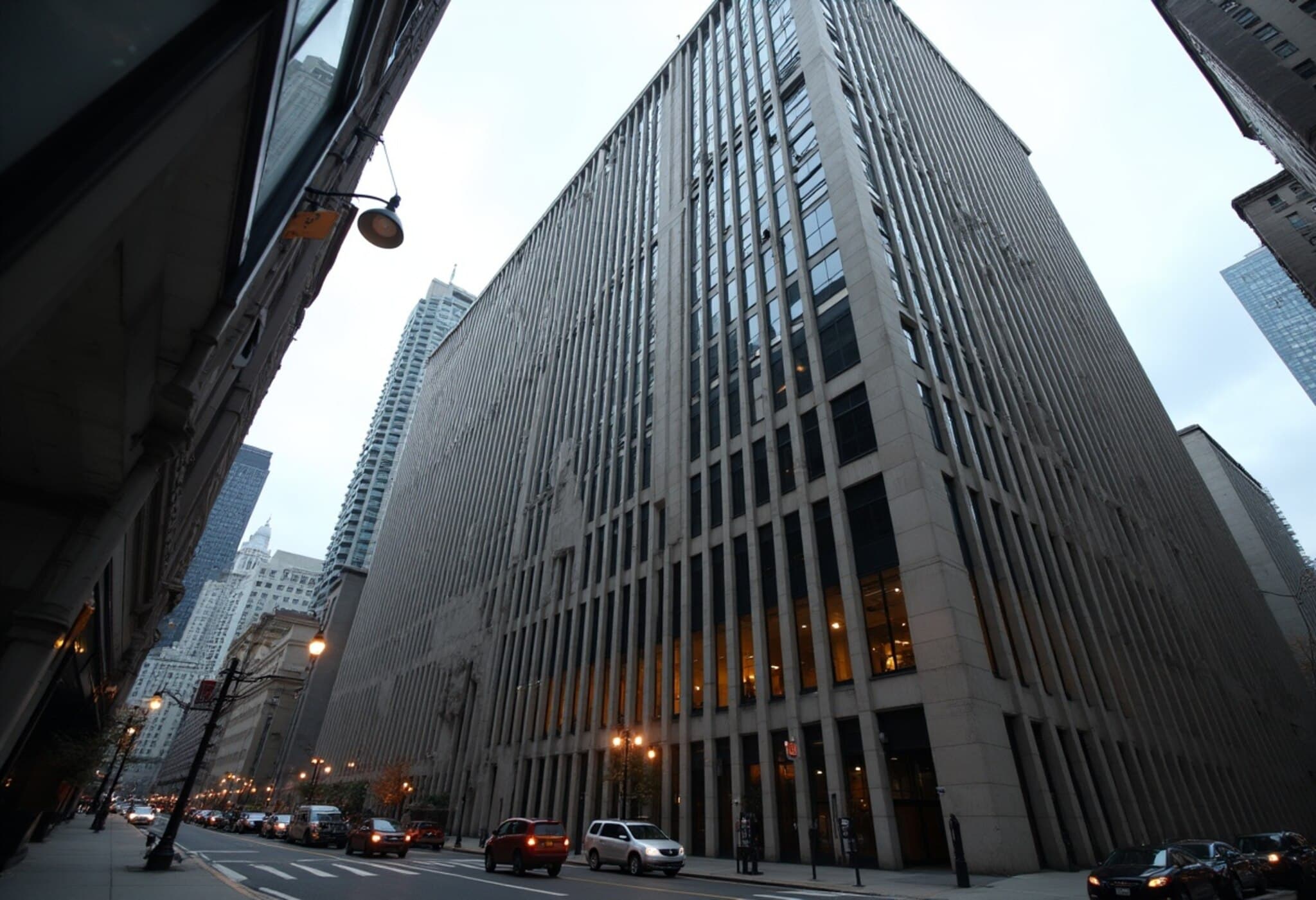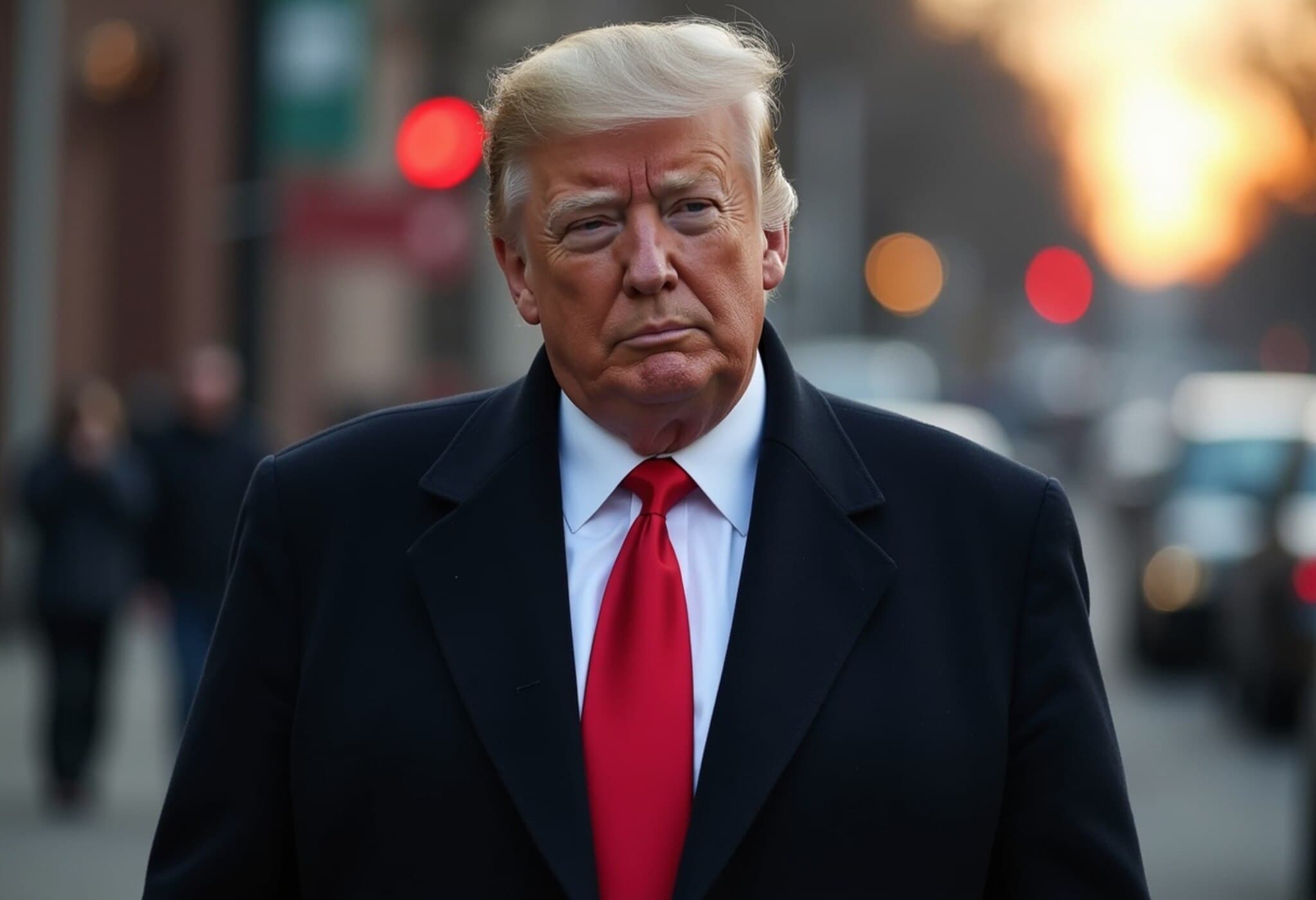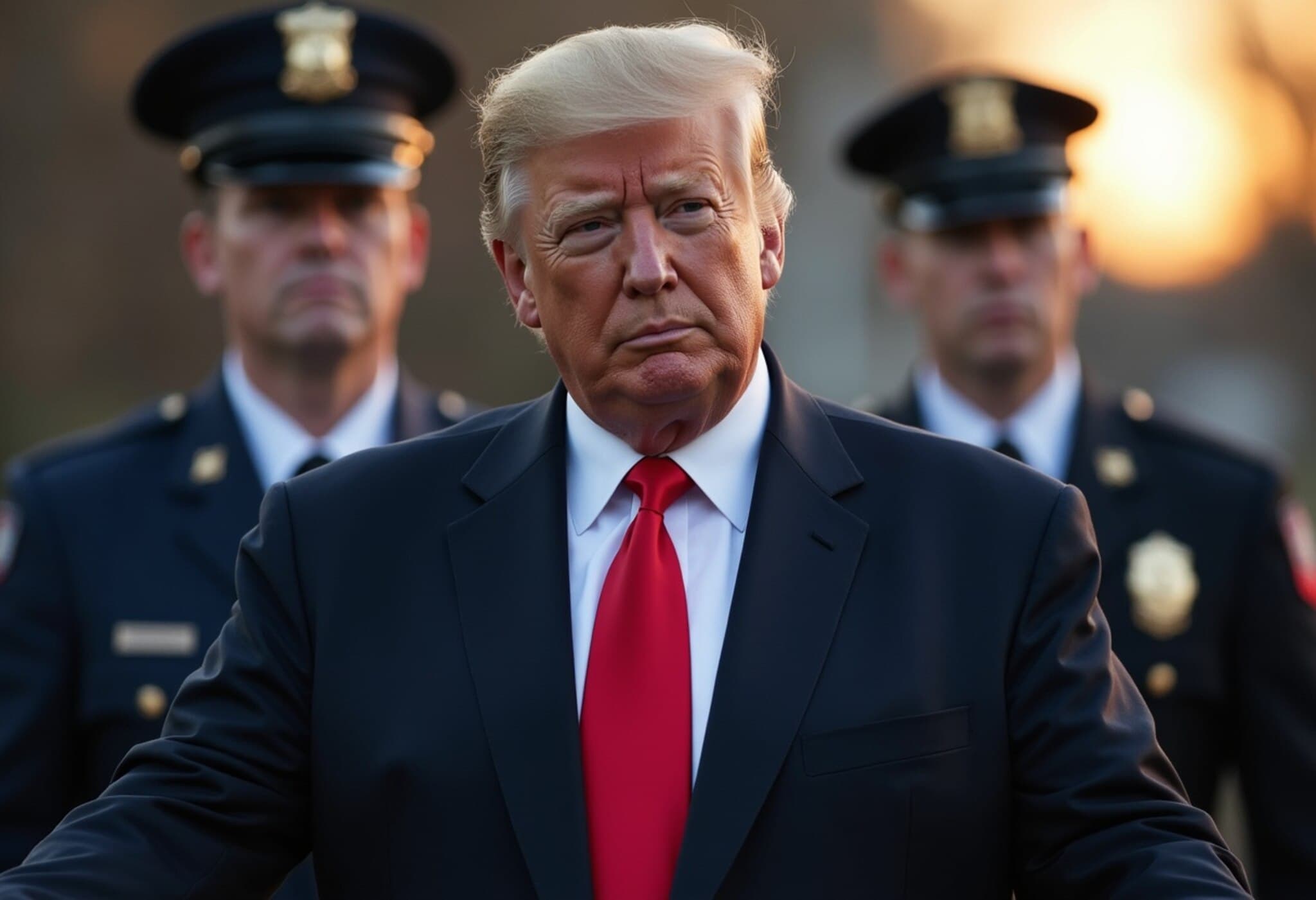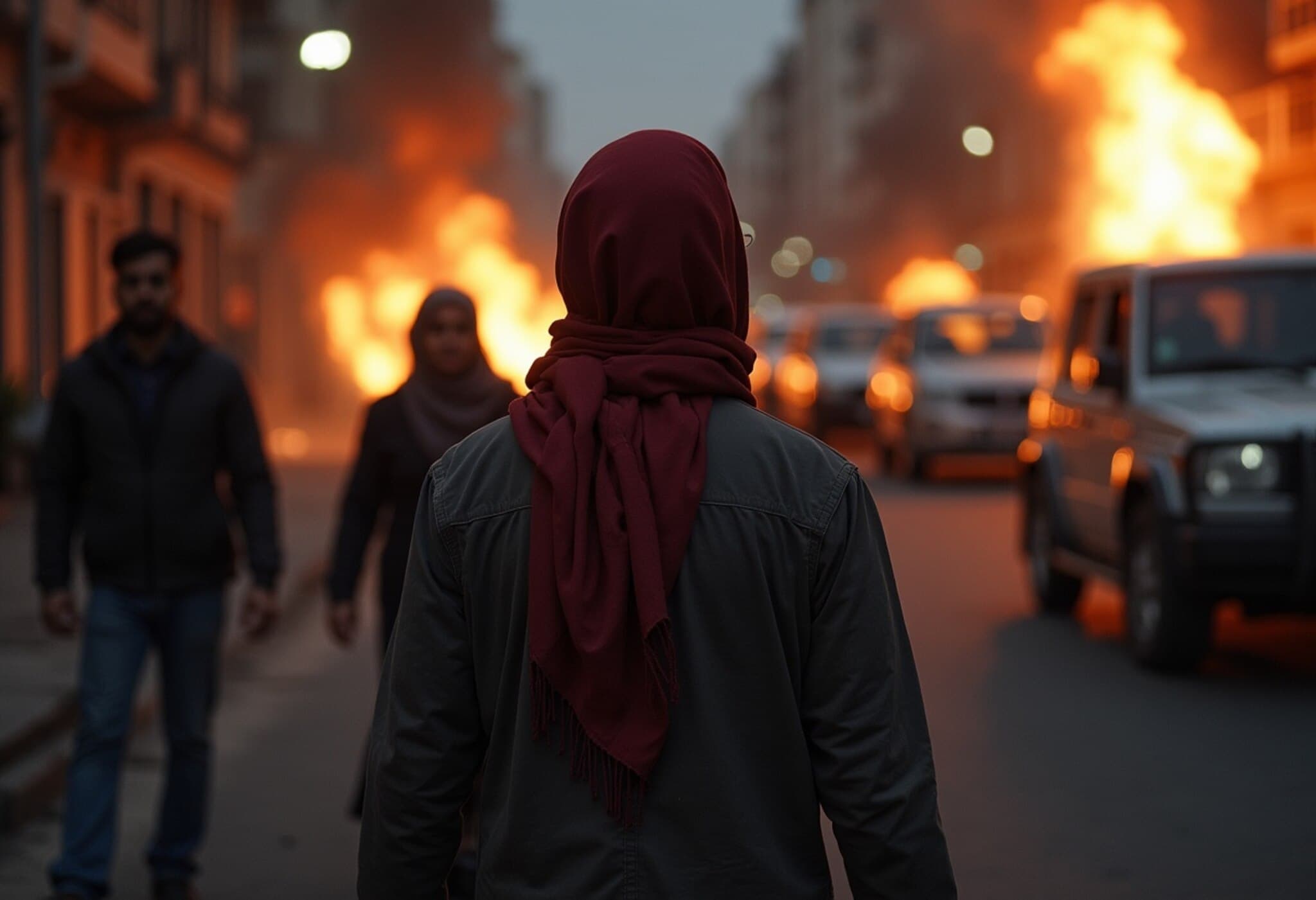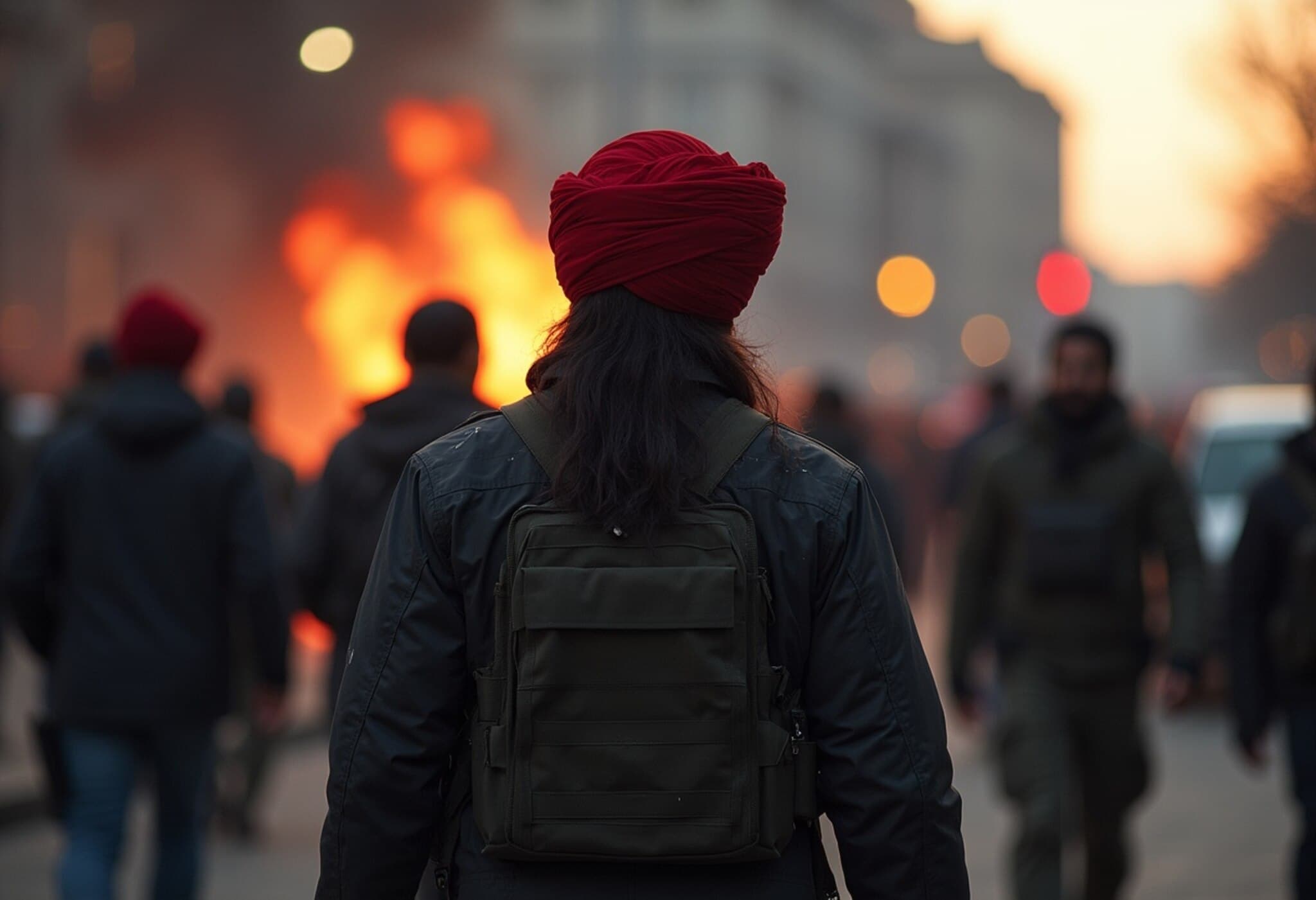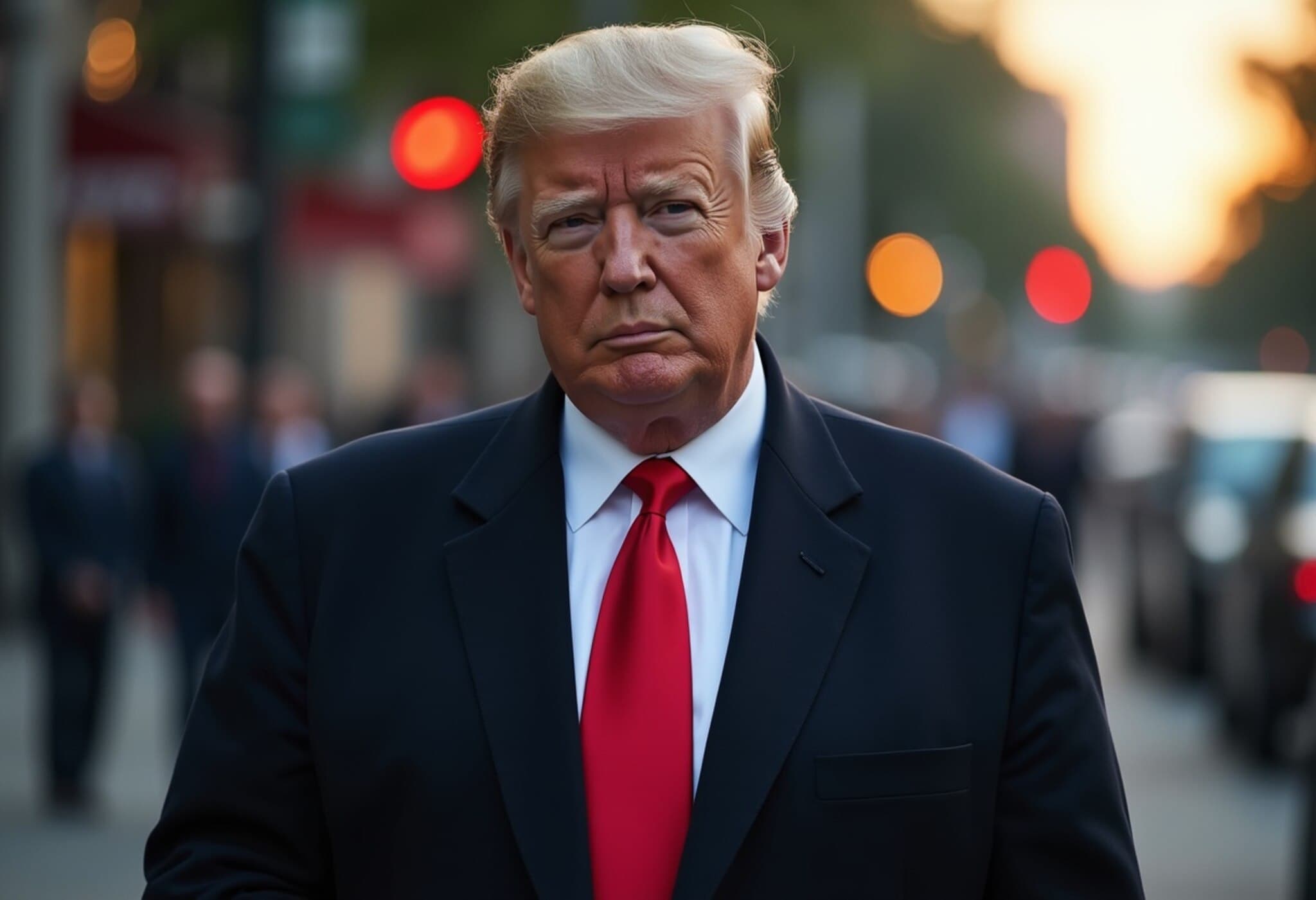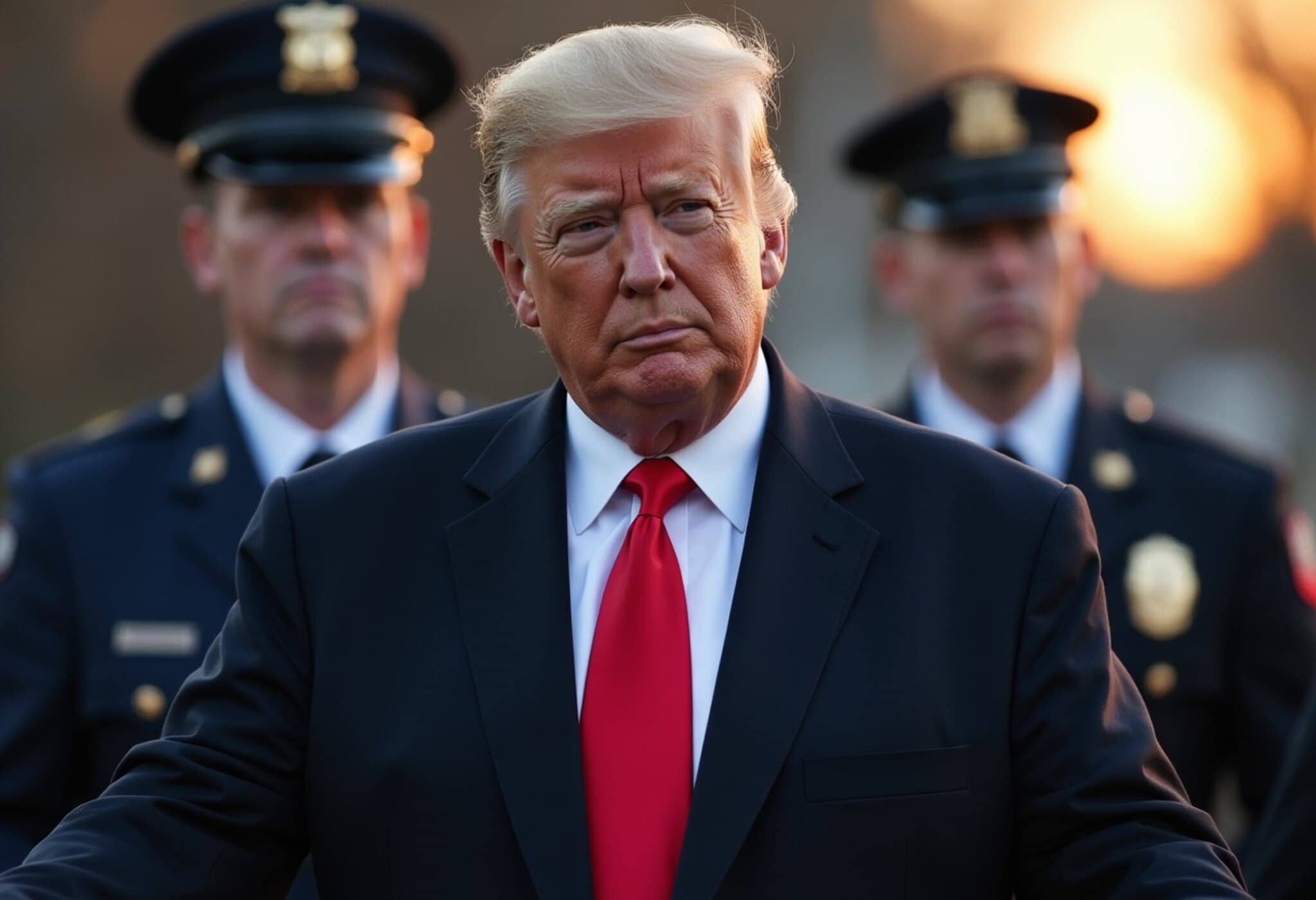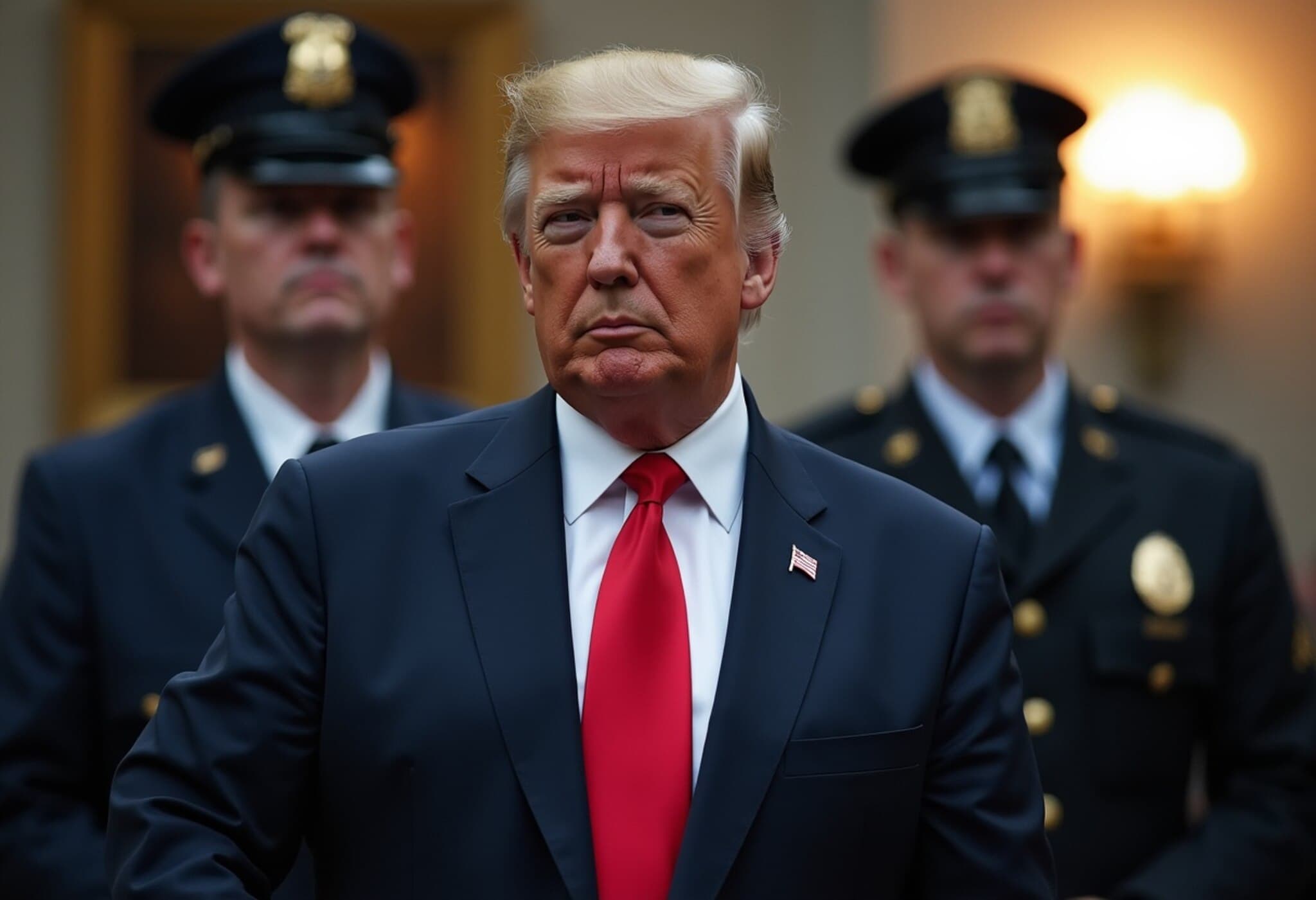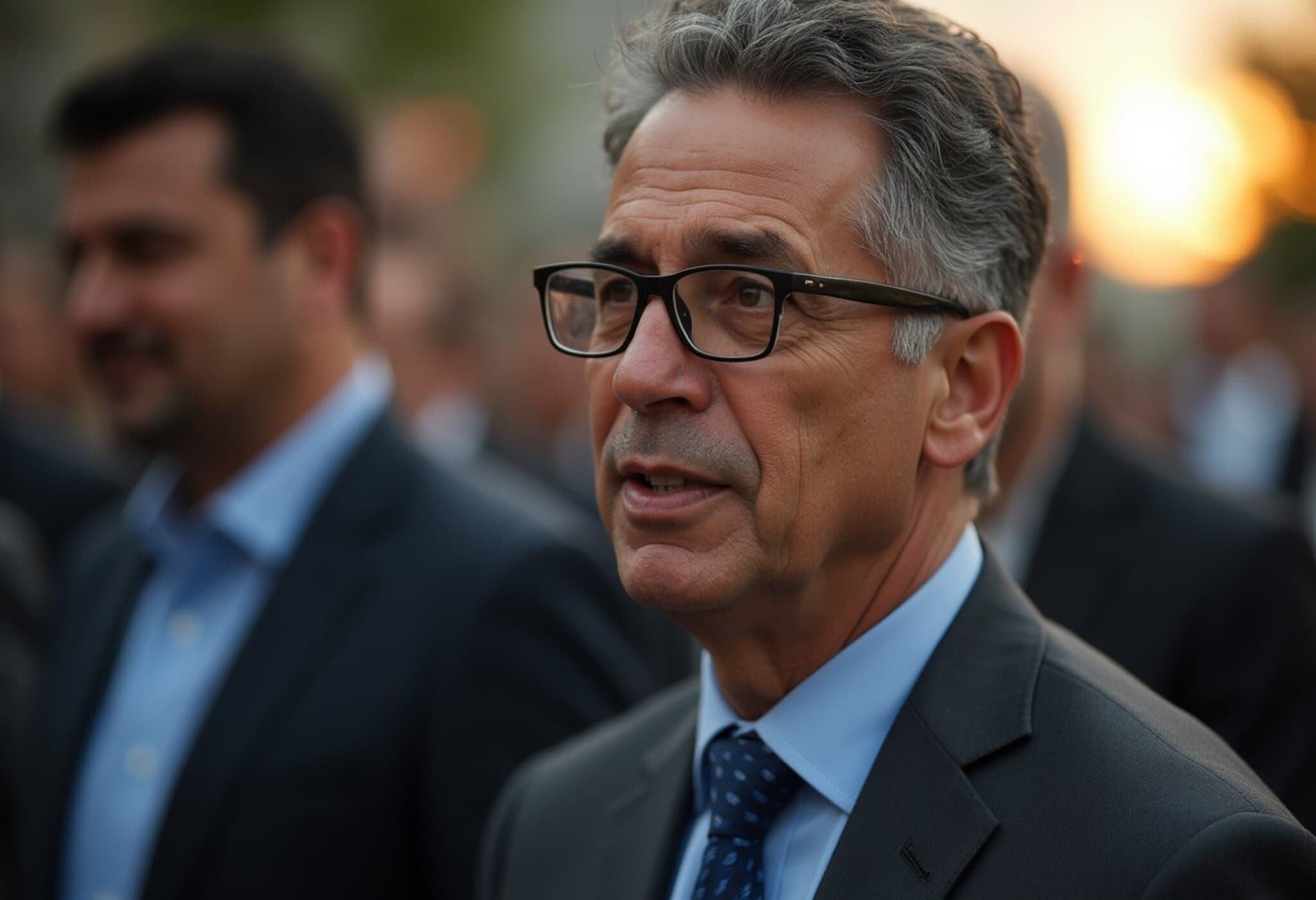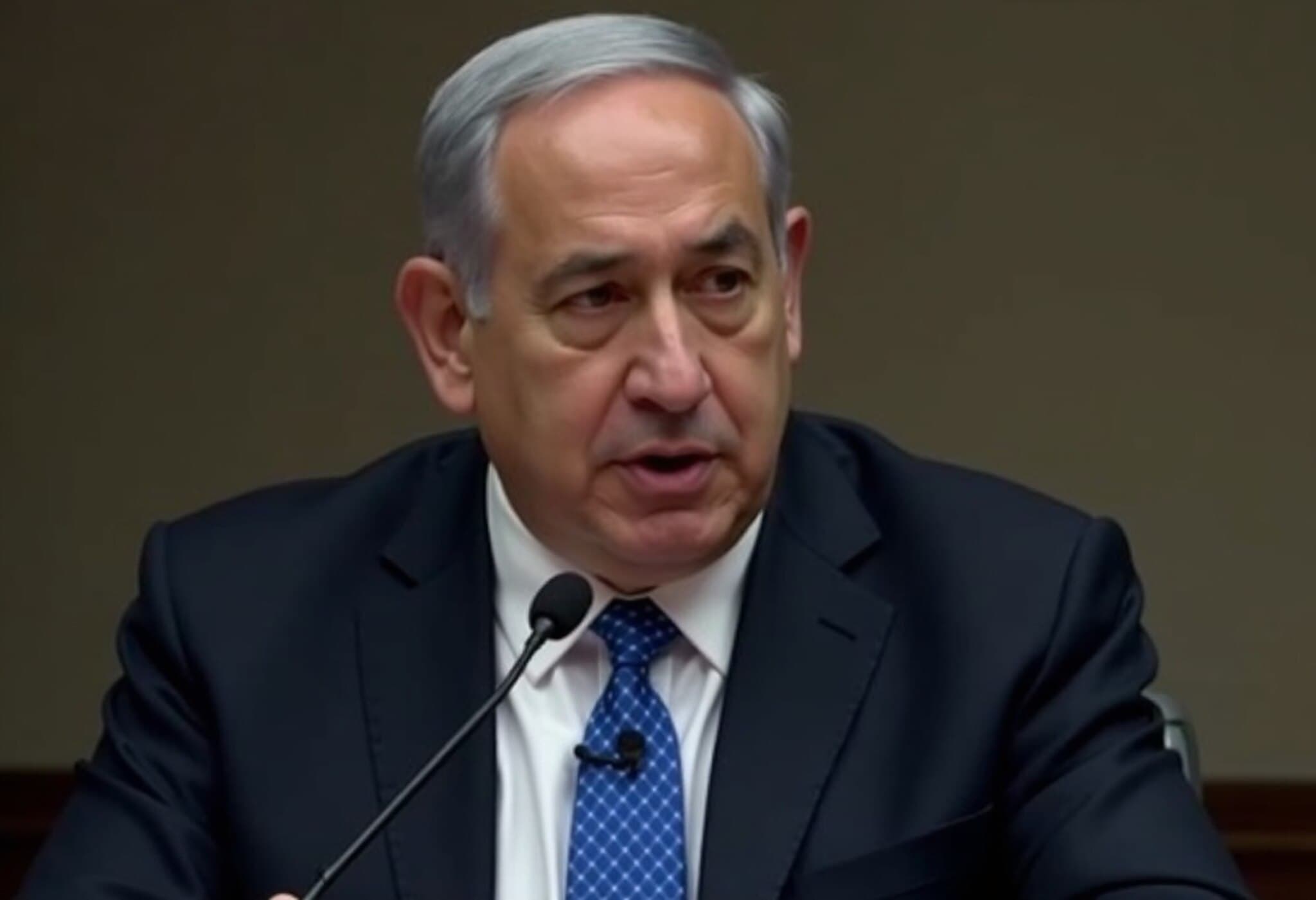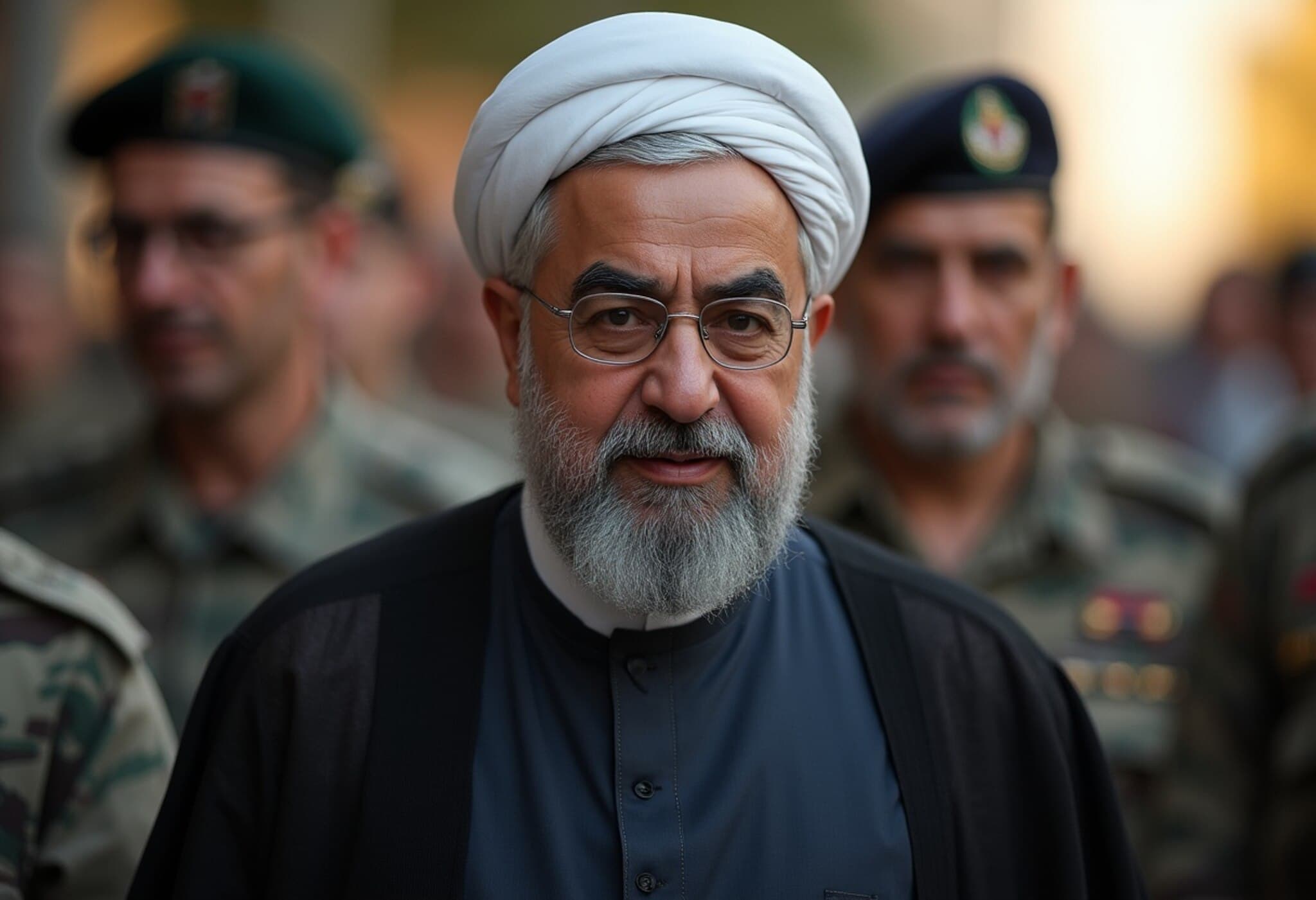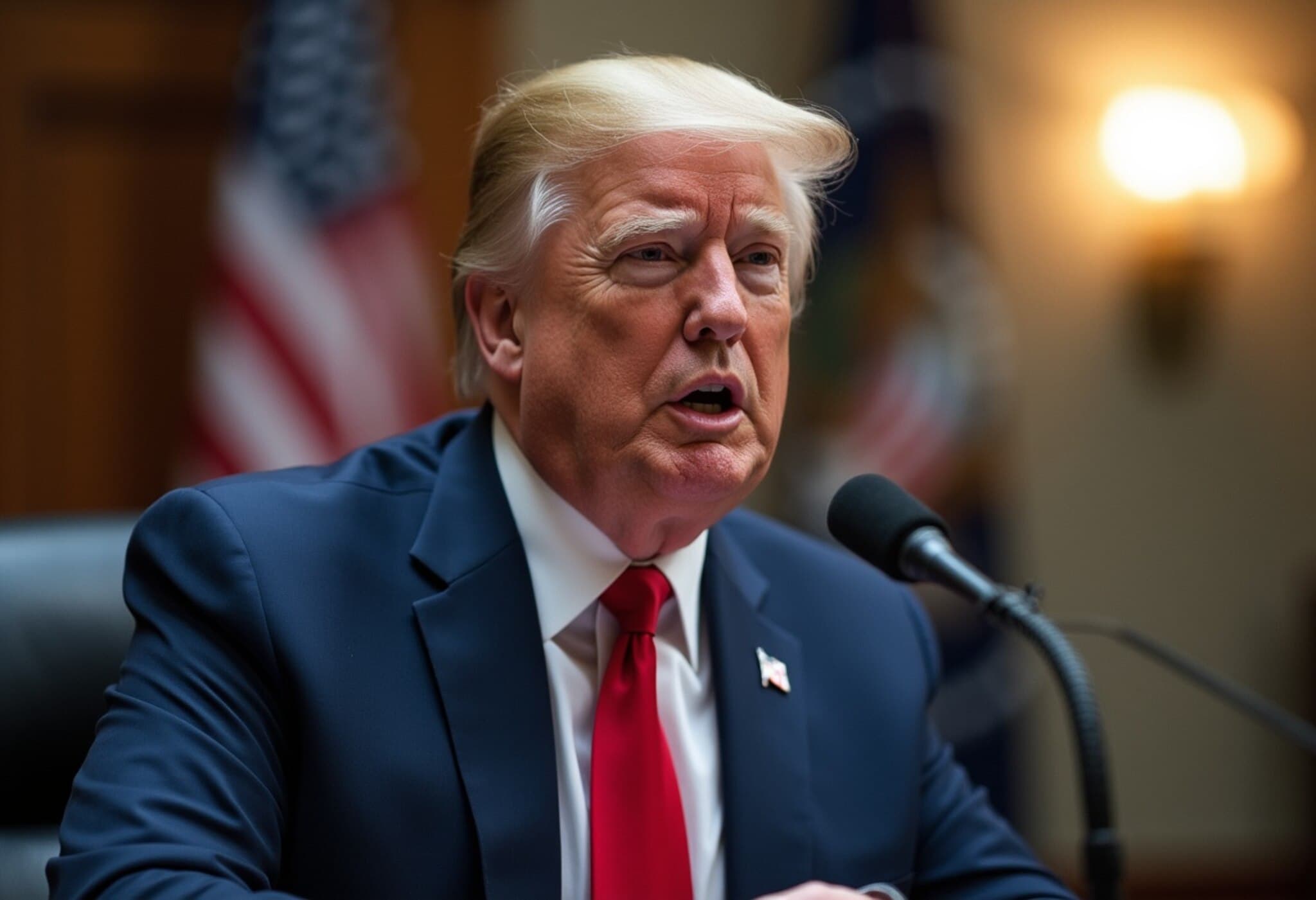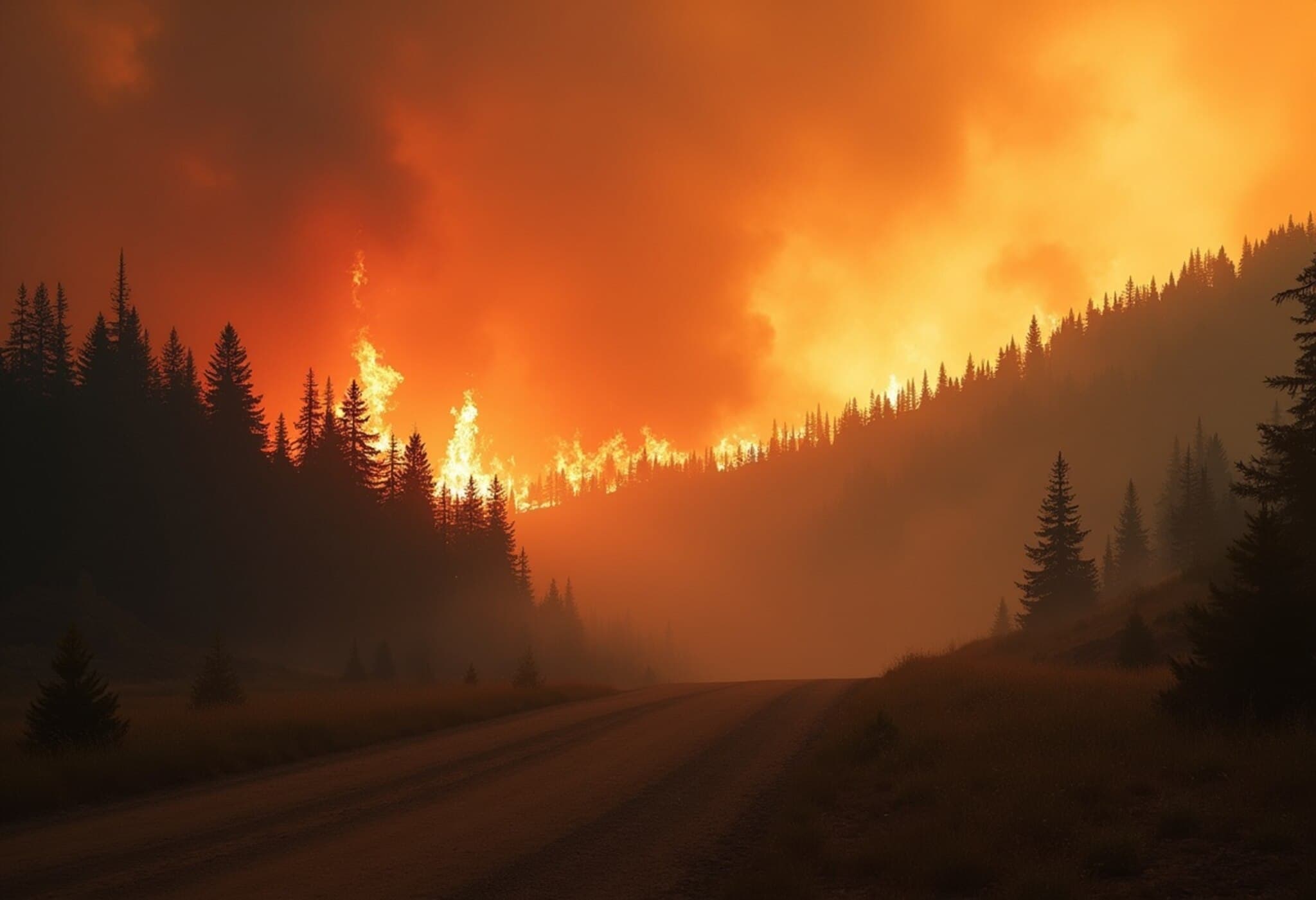Secret Service Suspends Six Personnel Over 2024 Trump Rally Shooting Incident
In the aftermath of the alarming security breach during a Donald Trump campaign rally in Butler, Pennsylvania, last year, the United States Secret Service has suspended six of its personnel tasked with protecting the former president. The incident, which saw a gunman open fire, tragically resulted in one death, two injuries, and the gunman's eventual killing by a Secret Service sniper.
Accountability and Leadership Response
Speaking candidly to CBS News, Secret Service Deputy Director Matt Quinn acknowledged the agency’s failures, emphasizing that the approach is not about punitive measures alone. "We aren't going to fire our way out of this," Quinn stated firmly. Instead, he underscores a strategic focus on addressing root causes and systemic deficiencies that led to this operational lapse.
Quinn described the Butler incident as an unequivocal "operational failure," stressing the agency’s total accountability. Agents implicated in the July 13, 2024 security failure were issued penalties ranging from 10 to 42 days of unpaid leave, subsequently being reassigned to positions with reduced responsibilities. According to Quinn, these measured steps serve to reinforce both discipline and structural reform.
Failures Highlighted by Bipartisan House Task Force
This troubling episode, compounded by a second attempted assassination thwarted weeks later, culminated in the resignation of Secret Service Director Kimberly Cheatle and launched multiple thorough investigations. A bipartisan House task force released a comprehensive 180-page report in December 2024, outlining serious lapses in leadership, inadequate training, and critical communication failures.
The report highlighted inexperienced agents occupying crucial roles and poor coordination with local law enforcement as central issues. Representatives labeled the event "tragic and preventable," a stark reminder of the stakes involved in protecting key political figures amid increasing threats.
Implemented Reforms and Operational Improvements
- Enhanced radio interoperability, allowing Secret Service agents direct communication with local law enforcement agencies — a capability noticeably absent during the Butler shooting.
- Reassignment of disciplined agents to roles reflecting their experience and capabilities.
- Ongoing internal reviews focused on strengthening training protocols and leadership accountability within the agency.
Experts note that such improvements are imperative. A former federal law enforcement official commented, "In today’s volatile political climate, intelligence sharing and seamless coordination between federal and local agencies are non-negotiable for effective protective security."
Understanding the Broader Context: Challenges Facing the Secret Service
The Jan. 6 Capitol attack, combined with increasing threats against public figures, has stretched the Secret Service thin. Budget constraints, agent shortages, and complex political dynamics have exacerbated vulnerabilities. This case exposes how critical continuous investment in training, adequate staffing, and technology upgrades are to national security.
Moreover, the decision not to terminate agents involved has sparked debate about accountability versus systemic reform. Legal scholars argue that while individual accountability is necessary, firing alone cannot fix deep-rooted organizational failures, a perspective echoed by Deputy Director Quinn.
Conclusion: A Pivotal Moment for Secret Service Reform
The suspension of six Secret Service personnel following the 2024 assassination attempt at a Trump rally marks a significant juncture for the agency. Balancing accountability with comprehensive structural reforms, the Secret Service seeks to restore public trust while safeguarding America's leaders more effectively.
As threats evolve, this incident serves as a cautionary tale underscoring the urgent need for robust, well-coordinated security frameworks. The real test lies not in punitive measures alone but in the agency’s ability to learn, adapt, and prevent such tragedies from reoccurring.

